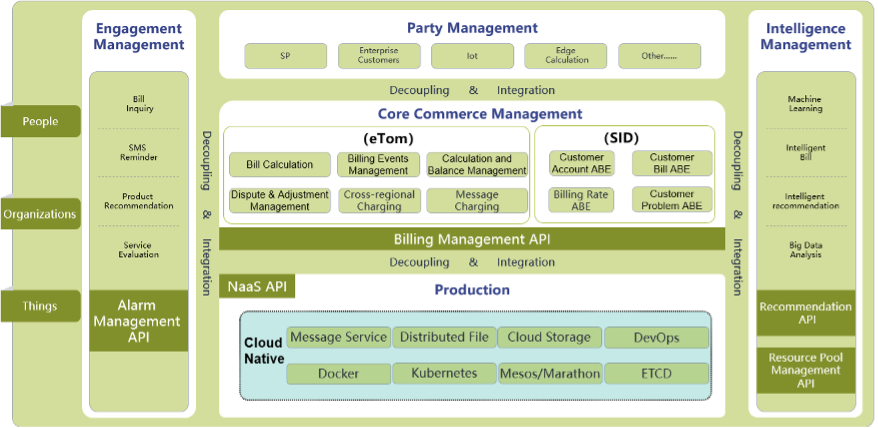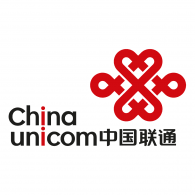With more than 1.4 billion people, China is the world’s most populous country. It is divided into 31 mainland provinces spanning five geographical time zones. Historically, most communications service providers (CSPs) in China have operated at least one charging and billing system per province. But this approach is costly, difficult to manage and cannot scale to support 5G services such as connected IoT devices and vehicles, Industry 4.0, and smart cities.
China Unicom’s legacy billing systems were already supporting 40 billion 4G call detail records (CDRs) per day, and the company expects 5G to increase the volume by at least 10 times. This means that an increase of 20 to 30 times the computing, storage and network resources is needed to support billing growth.
Working with Inspur, China Unicom developed and implemented what it calls the world’s largest cloud-native charging and billing system, a single system serving all of China. The cloud-native architecture integrates 5G slicing services, cloud storage, and distributed messaging services and provides NaaS APIs for Core Commerce Management. This enables users to focus on business applications, improves the efficiency of application development and reduces operations and maintenance costs.
With multi-scenario scheduling, by optimizing the cross-region and large-scale scheduling mechanism, unified scheduling problems such as network delay and massive metadata are solved to ensure the smooth scheduling of large-scale applications.
China Unicom began work on its containerized billing infrastructure in 2020 and championed a TM Forum Catalyst proof of concept called 5G cloud and AI convergence of BOSS to further its development. The Catalyst team relied on the ODA and Open APIs to create the billing system prototype, which China Unicom later developed and implemented. The ODA replaces traditional operational and business support systems (OSS/BSS) with standardized, cloud-native software components, enabling evolution to a fully automated operations environment that relies on analytics and AI to deliver zero-touch services.

China Unicom sees four primary advantages to its new billing system:
- A cloud-native architecture enables elastic capacity expansion of applications and load balancing through combined scheduling and process optimization. This increases resource utilization and improves overall computing power.
- The centralized system enables one-step release of personalized services and marketing promotions and rapid innovation in developing 5G services.
- Cross-cluster and cross-regional scheduling capabilities enable rapid recovery of applications and data, making the billing system highly available in the case of outages or natural disasters.
- High-performance servers and distributed storage mean data about resource usage can be stored in distributed databases. This benefits cross-regional families and multinational enterprises by integrating services and converged billing across the regions.



